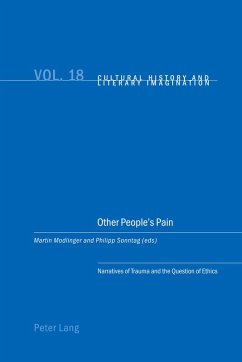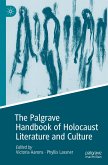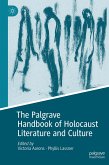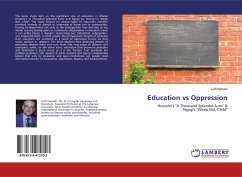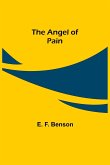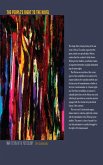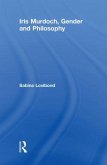How do we approach other people's pain? This question is of crucial importance to the humanities, particularly literary and cultural studies, whenever they address narratives of terror and genocide, injustice and oppression, violence and trauma. Talking about other people's pain inevitably draws attention to the ethical dimension involved in acknowledging stories and histories of violence while avoiding an appropriation - by the reading public, literary critics or cultural historians alike - of the traumatic experiences themselves. The question of how to do justice to the other's pain calls for an academic response that reflects as much on its own status as ethical agent as on literary expression and philosophical accounts or theoretical descriptions. This volume therefore explores the theoretical framework of trauma studies and its place within academic discourse and society, and examines from a multidisciplinary perspective the possibilities and limitations of trauma as an analytical category. A variety of case studies on individual and collective traumatic experiences as portrayed in literature and art highlight the ethical implications involved in the production, reception and analysis of other people's pain.
Bitte wählen Sie Ihr Anliegen aus.
Rechnungen
Retourenschein anfordern
Bestellstatus
Storno

